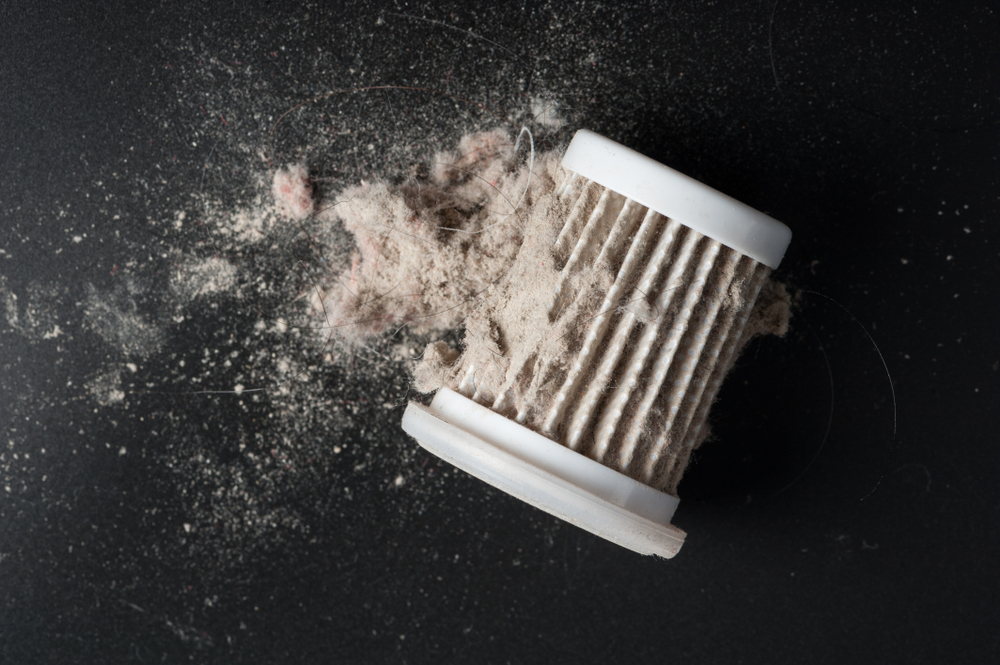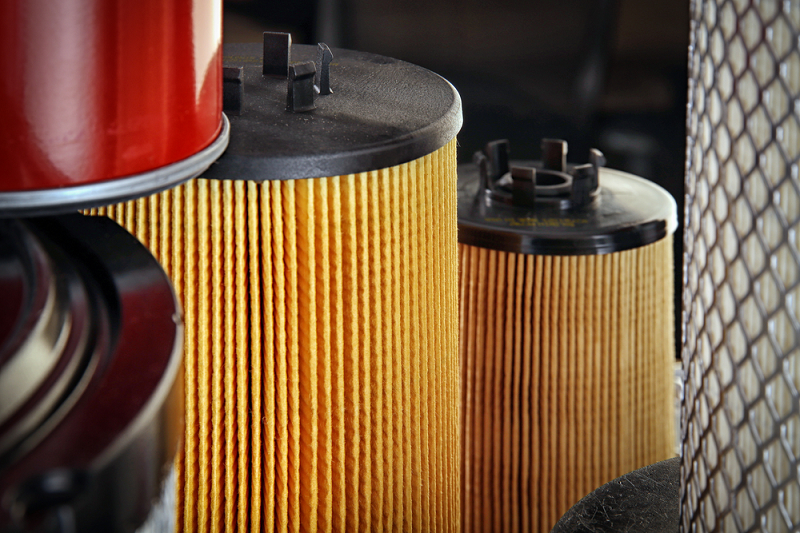The various contaminants that enter a facility through the gas or airlines, if left unaddressed can alter the efficiency of important components. And cleaning them is as simple as using the vacuum filtration system, yet choosing the ideal one for a specific application can be a troublesome task. This is because industries need different types of vacuum filters based on the pneumatic systems and the operating environment, further filters also differ from one another, as a result of which taking accurate decision matters.
 |
| Vacuum Filters |
This article explains what exactly are the different types of filters and their respective applications, to help you determine which one would be the right choice for your industry. Without any ado, let's know more about the diverse range of vacuum filters.
Vacuum Filters Commonly Used in Different Industries
There are five filtration systems that are commonly used in most of the industries and these are mentioned below:
- Particulate filters: The pneumatic parts of the system often tend to get worn out with time and this is due to the large particles like dust, debris, and dust which are often a product of the compressor intakes, desiccant dryers, old pipes, and more. One of the best ways to manage this is by incorporating particulate filters that are embedded with pleated patterns which capture these large particles and thus have maximized surface area for straining those dust fragments.
- Absorbing filters: There are certain applications, where the use of absorbing vacuum filters is essential for the final phase of processing, removing oil from the compressed air, or hydrocarbon vapor. Further, these filters are beneficial for preparing air in food and drug applications, where products cannot come in direct contact with the air. These filters should be installed close to the areas that are point-of-use.
- Water separators: The water separators are meant for removing moisture or water from the pneumatic components and this saves them from unwanted damages. These filtration systems are often utilized for getting rid of the bulk liquids including waterborne solids, this filter even protects the various filters that are installed in the system from heavy loads of liquid.
- Coalescing filters: The coalescing filters are combined in air filtration units for removing water, oil, rust, and other sorts of contaminants. In the mainline of the plant filtration system, coarser version of these vacuum filters is used, while the finer ones are seen in robotics, paint spraying, and pneumatic tools. For effective processing, this filter is used for packaging and semiconductor instrumentation.
 |
| Vacuum Filters |
Reasons to Keep the Vacuum Filters Clean
Choosing the right vacuum filters is not the only thing that you need to take care of, rather you should even ensure that the filters that are being installed in the unit are clean and safe to use. This is because with periodic cleaning:
- You are able to improve the lifespan of the filters. However, manufacturers do have their own recommendations about replacing filters (regular frequency), but it may not be necessary all the time if they are maintained to perfection.
- Good maintenance is something that goes beyond monitoring the operation of the filtration system. As the dirty components and congested filter would lead to excessive stress on the motor that would affect the durability of the overall system.
- HEPA filters can be a good exception here, this is because they damage the fibers, making them less effective in blocking out the allergens and associated particles.
For effective cleaning, you can also consider purchasing an innovative cleaner for the vacuum filters that will keep them at their best condition for years to come.






Post a Comment
Note: only a member of this blog may post a comment.